Jayakrishnan Radhakrishna Pillai
Short-Term Power Prediction for Renewable Energy Using Hybrid Graph Convolutional Network and Long Short-Term Memory Approach
Nov 15, 2021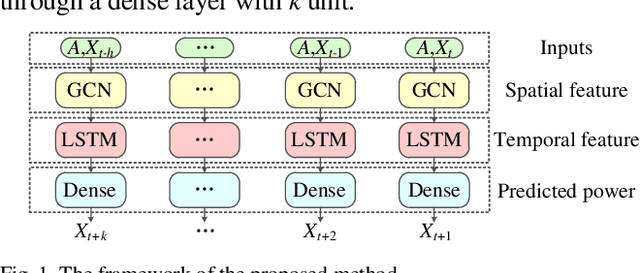
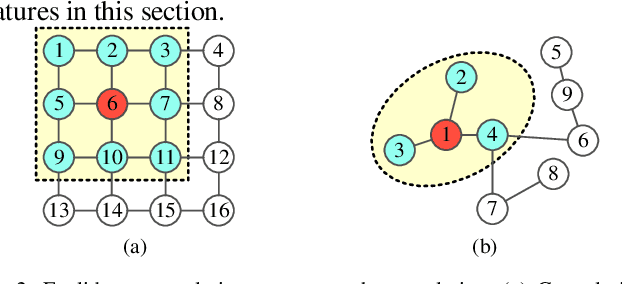
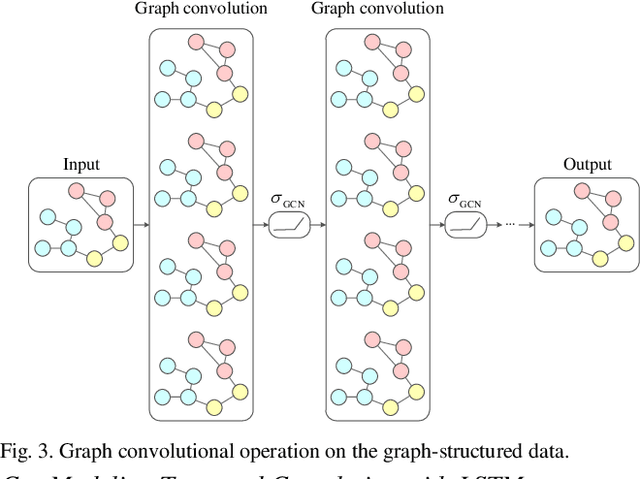
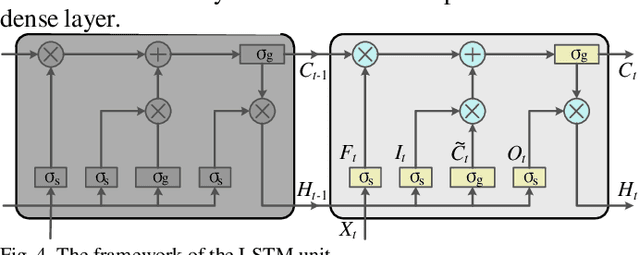
Abstract:Accurate short-term solar and wind power predictions play an important role in the planning and operation of power systems. However, the short-term power prediction of renewable energy has always been considered a complex regression problem, owing to the fluctuation and intermittence of output powers and the law of dynamic change with time due to local weather conditions, i.e. spatio-temporal correlation. To capture the spatio-temporal features simultaneously, this paper proposes a new graph neural network-based short-term power forecasting approach, which combines the graph convolutional network (GCN) and long short-term memory (LSTM). Specifically, the GCN is employed to learn complex spatial correlations between adjacent renewable energies, and the LSTM is used to learn dynamic changes of power curves. The simulation results show that the proposed hybrid approach can model the spatio-temporal correlation of renewable energies, and its performance outperforms popular baselines on real-world datasets.
A Review of Graph Neural Networks and Their Applications in Power Systems
Jan 25, 2021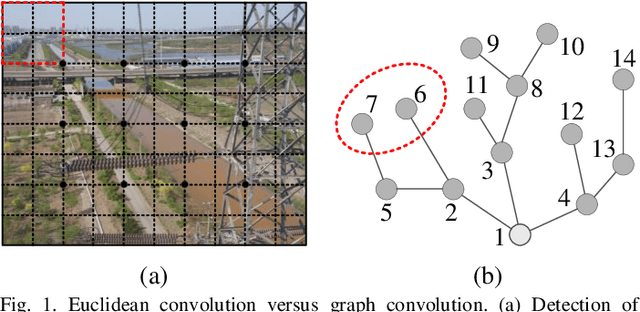
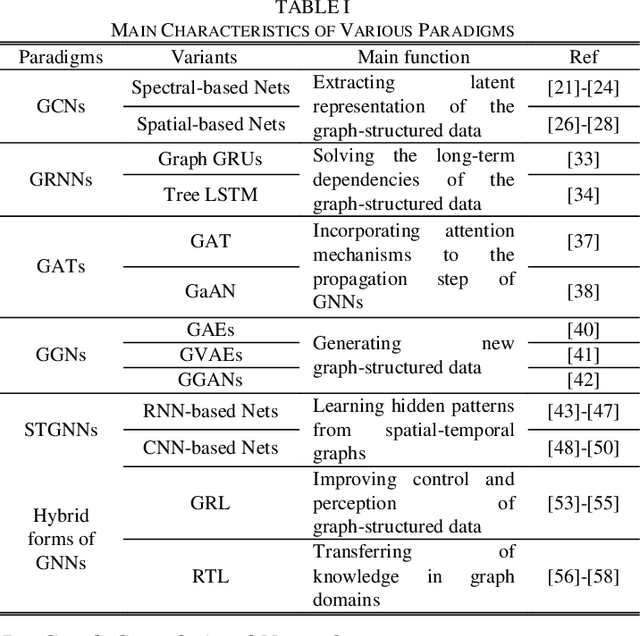
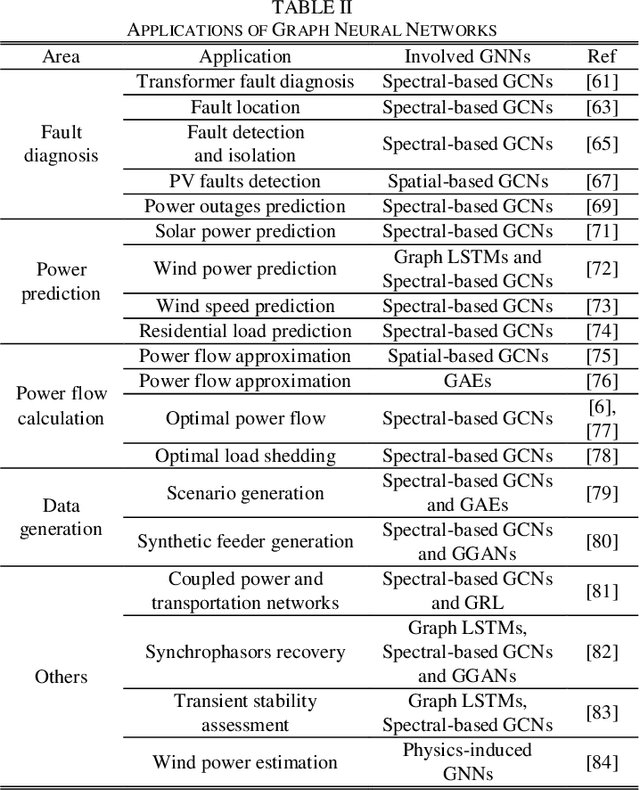
Abstract:Deep neural networks have revolutionized many machine learning tasks in power systems, ranging from pattern recognition to signal processing. The data in these tasks is typically represented in Euclidean domains. Nevertheless, there is an increasing number of applications in power systems, where data are collected from non-Euclidean domains and represented as the graph-structured data with high dimensional features and interdependency among nodes. The complexity of graph-structured data has brought significant challenges to the existing deep neural networks defined in Euclidean domains. Recently, many studies on extending deep neural networks for graph-structured data in power systems have emerged. In this paper, a comprehensive overview of graph neural networks (GNNs) in power systems is proposed. Specifically, several classical paradigms of GNNs structures (e.g., graph convolutional networks, graph recurrent neural networks, graph attention networks, graph generative networks, spatial-temporal graph convolutional networks, and hybrid forms of GNNs) are summarized, and key applications in power systems such as fault diagnosis, power prediction, power flow calculation, and data generation are reviewed in detail. Furthermore, main issues and some research trends about the applications of GNNs in power systems are discussed.
 Add to Chrome
Add to Chrome Add to Firefox
Add to Firefox Add to Edge
Add to Edge